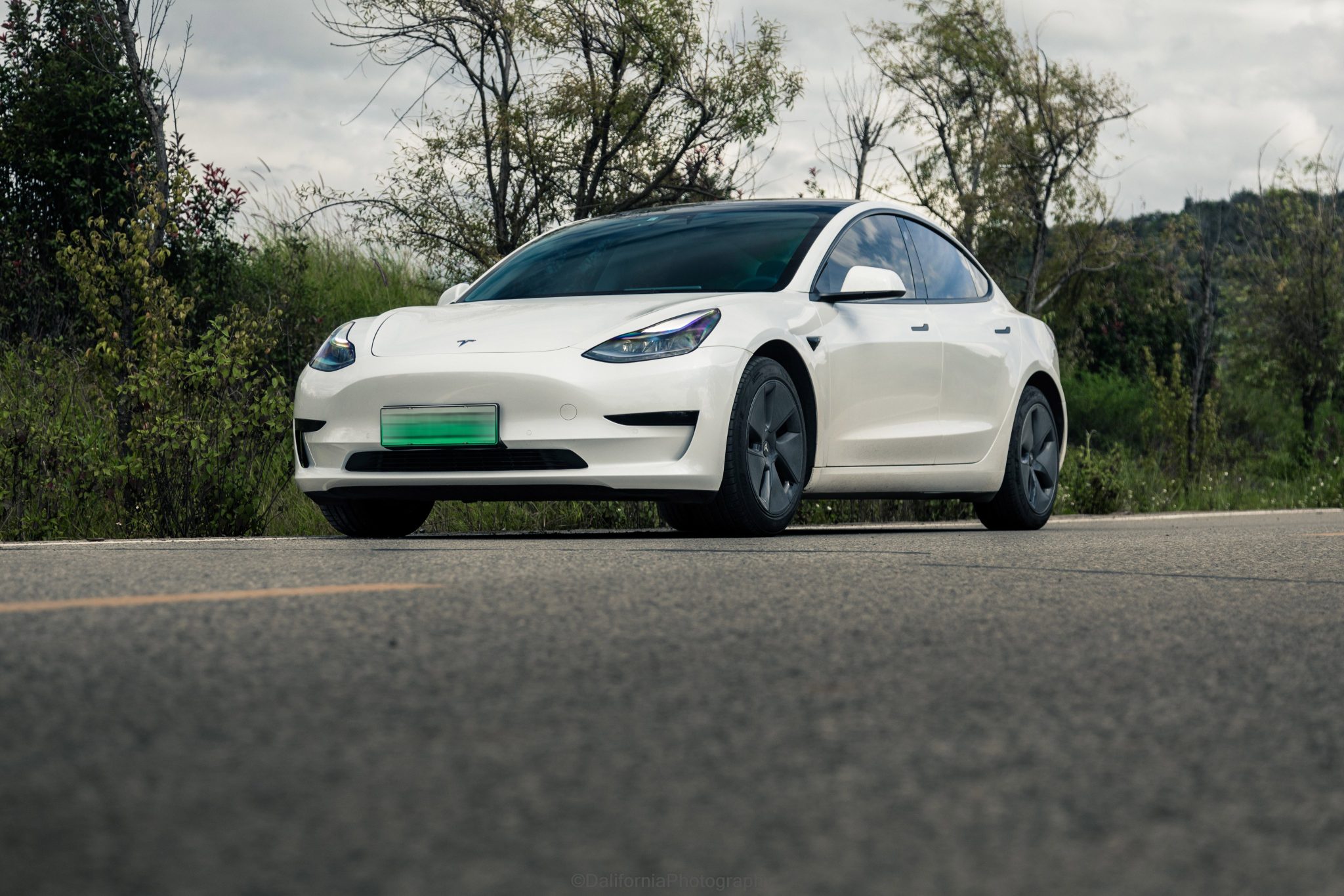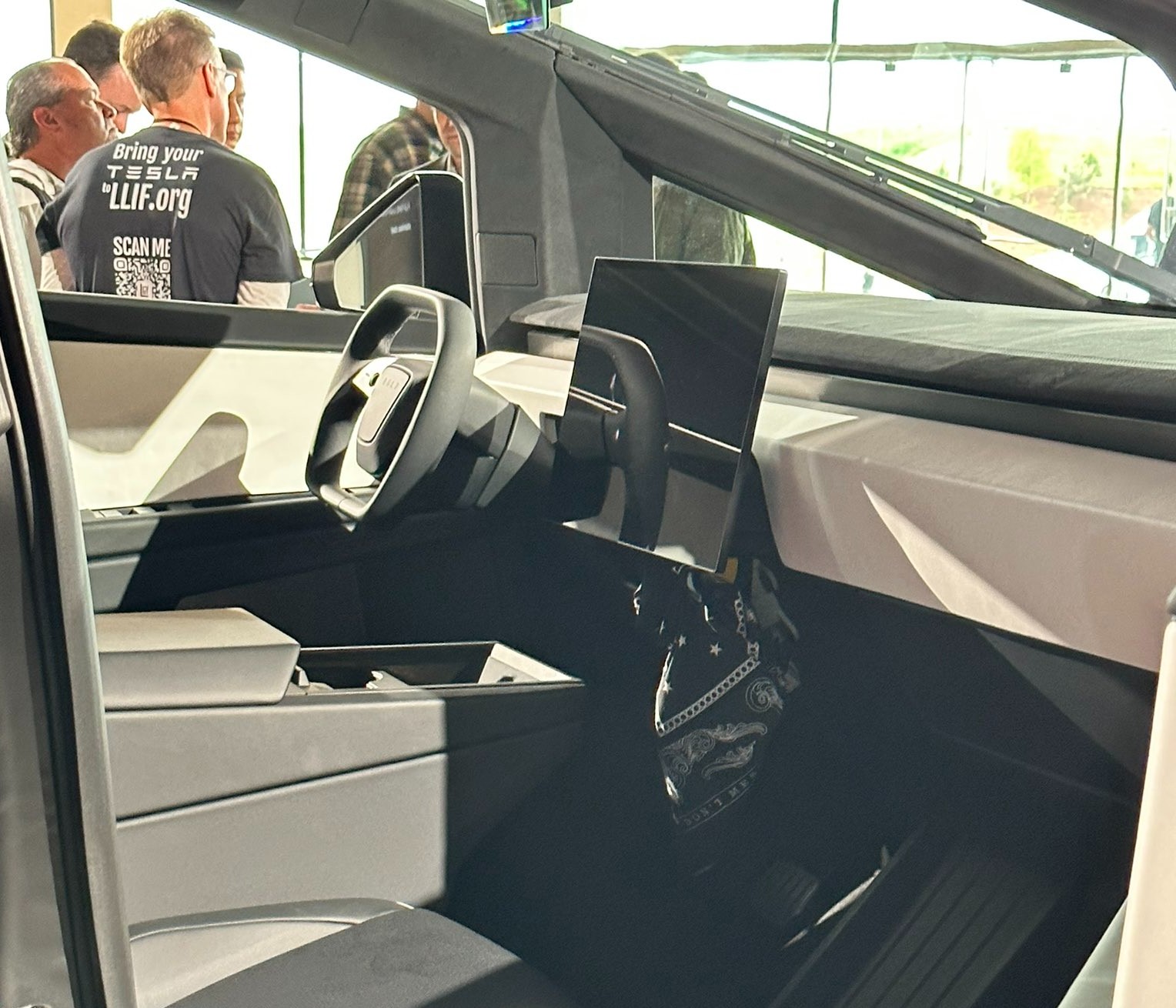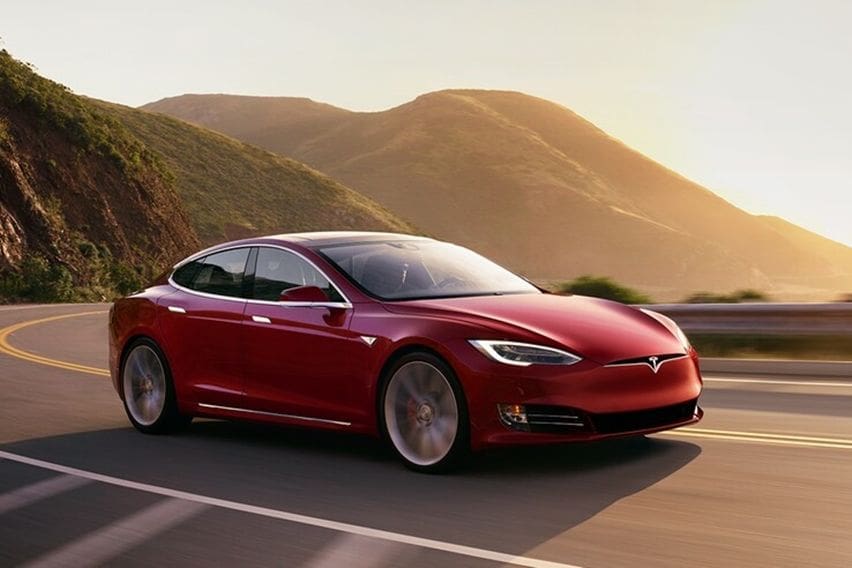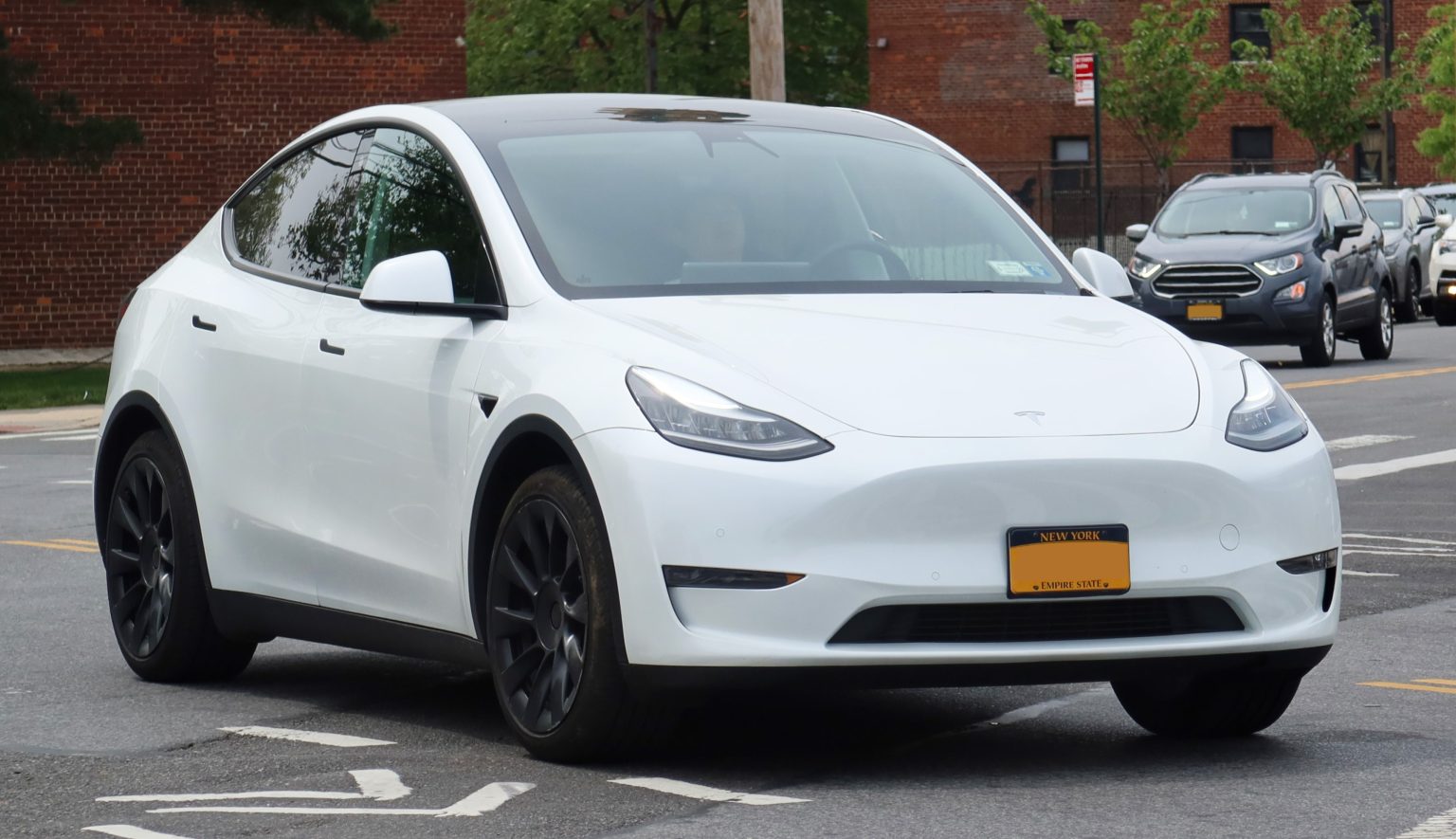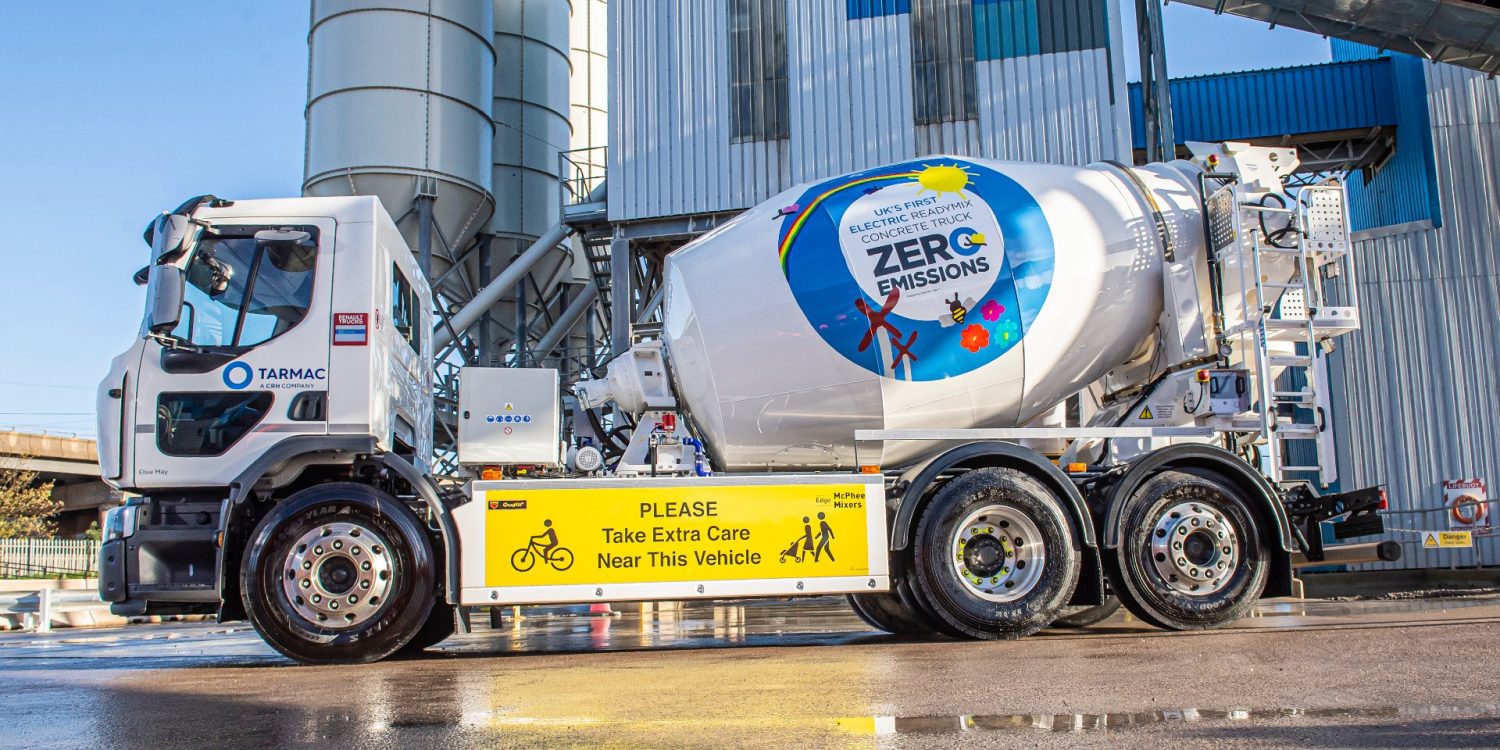The Tesla Model 3 RWD, the most affordable vehicle in the company’s lineup, will see its federal tax credit reduced from $7,500 to $3,750, effective from April 18. This reduction was confirmed by an update on Tesla’s official Model 3 page. Last month, reports had emerged that the base Model 3 would lose its $7,500 federal tax credit, followed by a notice on the all-electric sedan’s order page. However, the remaining federal tax credit for the Model 3 RWD was not listed by the electric vehicle maker at the time.
Tesla’s recent update has effectively confirmed that the Model 3 RWD is still eligible to receive a $3,750 federal tax credit. While this will come as a relief to some buyers, it is important to note that customers who purchase more expensive variants of the Model 3, such as the Model 3 Performance, will still be eligible for the full $7,500 tax credit.
According to industry experts, this updated federal tax credit structure could serve as an incentive for potential buyers to consider purchasing higher-end variants of the all-electric sedan. As per the US Treasury’s battery guidance, a minimum of 50% of EV battery components must be produced and assembled within the United States or in a country with a free trade agreement to be eligible for the $7,500 EV tax credits. The battery pack of the Model 3 Performance, produced at Giga Nevada, meets this requirement. However, the Model 3 RWD’s battery pack, which utilizes CATL’s LFP cells sourced from China, falls short of the eligibility criteria.
The upcoming battery guidance stipulates that at least 40% of the minerals used in an EV’s battery must be obtained from the United States or a country that has a free trade agreement with the US. This could mean that Tesla might have to source some of the battery minerals from other countries to continue to be eligible for the tax credits.
See also: Inflation Reduction Act will offer tax credits of $7,500 or $40,000 for electric delivery vehicle
Tesla customers must also be aware of the adjusted gross income limitations for claiming the electric vehicle tax credit, which are as follows: $300,000 for married couples filing jointly, $225,000 for heads of households, and $150,000 for all other filers.
In a statement to the media, a Tesla spokesperson said, “The reduction of the federal tax credit for the Model 3 RWD is in line with the phase-out plan for the EV tax credit. We will continue to work towards making our vehicles more affordable for our customers while providing them with the best EV experience.”
See also: Honda, LG Energy solution invests $4.4 billion to build EV battery production base in US
The reduction in the federal tax credit for the Model 3 RWD comes at a time when the demand for electric vehicles is on the rise. With more buyers looking to make the switch to EVs, the updated tax credit structure could have a significant impact on the sales of the Model 3. However, with Tesla’s reputation for producing high-quality EVs and its commitment to innovation, it is unlikely that the reduction in tax credits will have a significant impact on the company’s overall sales.

